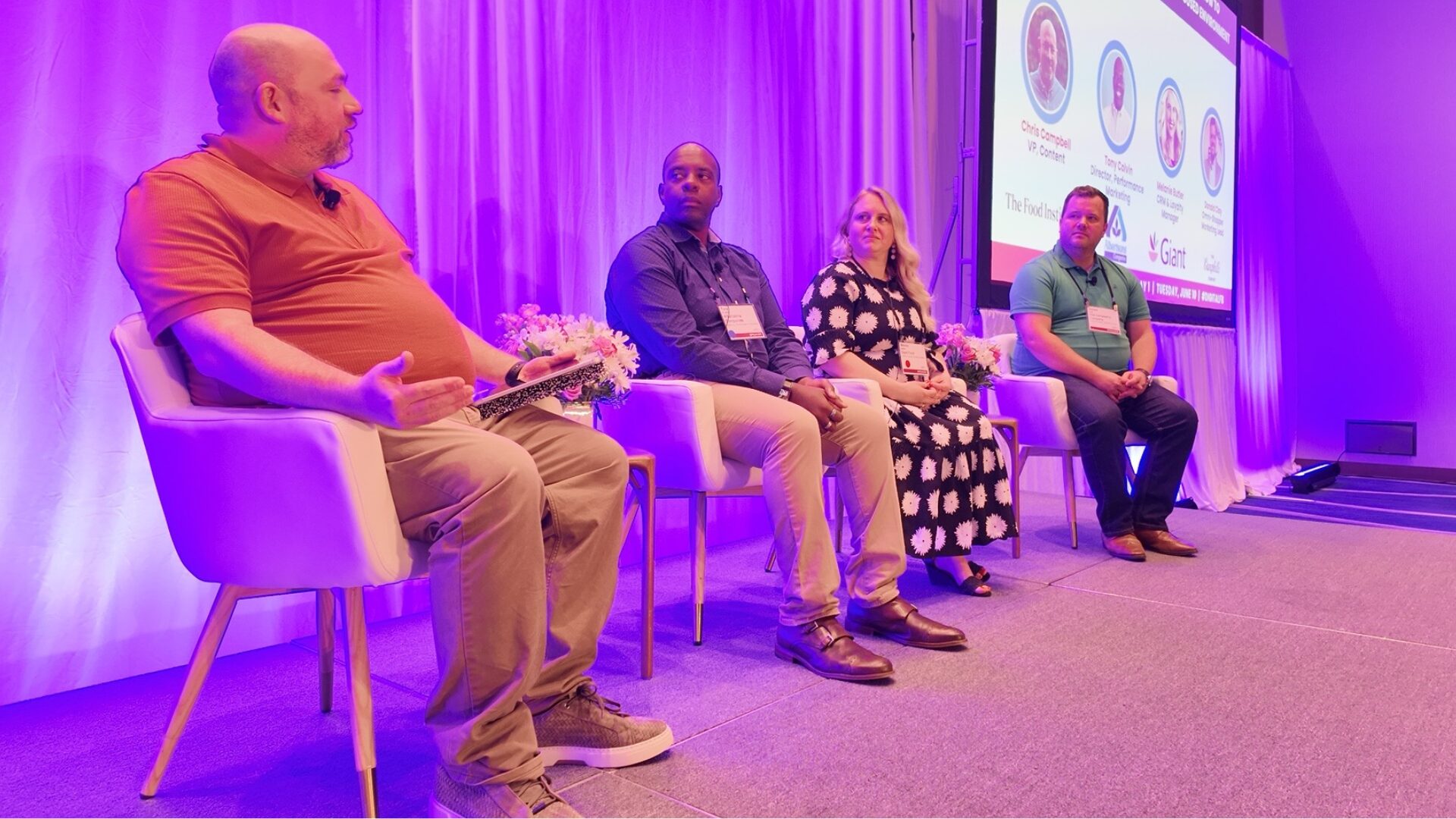Gen Z shoppers are a highly sought-after demographic for retailers across the industry, and grocers are no exception. Grabbing these young consumers now can help build loyalty as they continue to grow their spending power.
However, companies need to be aware of how Gen Z differs from its predecessors if they want to take full advantage of the opportunity.
One of the key drivers of Gen Z’s habits, of course, is the economy: just 7% are unsure or say that they don’t pay attention to economic issues, according to The Rise of the Gen Z Consumer report by ICSC. This generation has lived through two periods of economic uncertainty, which makes it no surprise that 48% chose off-price retailers as one of the kind of stores they frequent.
Economic Concerns
“Gen Z was largely shaped by events like the Great Recession, watching family members navigate the challenges of that time period — and of course, they themselves experienced the economic impact of the COVID-19 pandemic,” said Stephanie Cegielski, VP of research at ICSC.
Consequently, Gen Zers are more price-conscious and are cognizant of their savings and ability to plan for uncertainty.
ICSC’s study found that 78% of Gen Z respondents were concerned about the U.S. economy.
Shopping at discount and off-price stores allows this youthful generation to remain price-conscious in its purchases, which in turn helps Gen Zers feel more comfortable as they plan for the future.
However, price isn’t the only key factor. Nearly all (97%) of Gen Z shoppers still shop in-store, and they’re on the lookout for interactive experiences, according to Cegielski. This can range from technological experiences to seeing, touching and trying products before buying — particularly important for grocers who specialize in fresh and specialty foods.
Quick and easy checkouts are important too, and 46% of respondents cited this as the most important factor of a store experience.
Social Media’s Influence
Additionally, this digitally native generation is extremely invested in social media, with the report finding that 85% say social media affects their spending habits, so grocers can’t afford to ignore this channel. Social content is a common source of inspiration for users, making these platforms the perfect home for recipes and cooking-related educational content.
“Gen Z is a demographic that is heavily influenced by social media, especially when it comes to purchasing decisions,” said Cegielski. “Brands that are able to successfully leverage social channels by sharing products, product reviews, and in-app shopping will be able to better reach this cohort. TikTok and Instagram were named as the two primary platforms that impact Gen Z’s purchasing decisions, but a cohesive and robust social media strategy is increasingly important to connect with Gen Z shoppers. About half also said that they use social platforms to shop or browse for items at least once a week, with 20% saying they do so daily.”
Cegielski also noted that social media influencers have an impact on spending for about one-third of Gen Z, though this effect isn’t as strong as the impact of friends and family or online reviews, which were ranked among the top-three deciding factors by more than half of survey respondents. Social media engagement can help maintain brand loyalty and drive in-store visits.
“Despite being the first ‘digitally native’ generation, Gen Z is truly an omnichannel generation,” said Cegielski.
“Appealing to Gen Z customers is largely contingent on a retailer’s ability to offer a 360-degree experience that encapsulates both online shopping and the speed and convenience of in-person purchases.”
One-in-five Gen Zers said things like checking in-store availability through an app or website and the ability to buy online and pick-up in-store are critical — but they must be coupled with excellent customer service and a positive in-store experience to capture the loyalty of Gen Z.
“Streamlining payment options, emphasizing value shopping, and showing a commitment to supporting social issues — like mental health, sustainability, and ethical sourcing — can also help retailers appeal to Gen Z customers and their habits,” Cegielski said.












